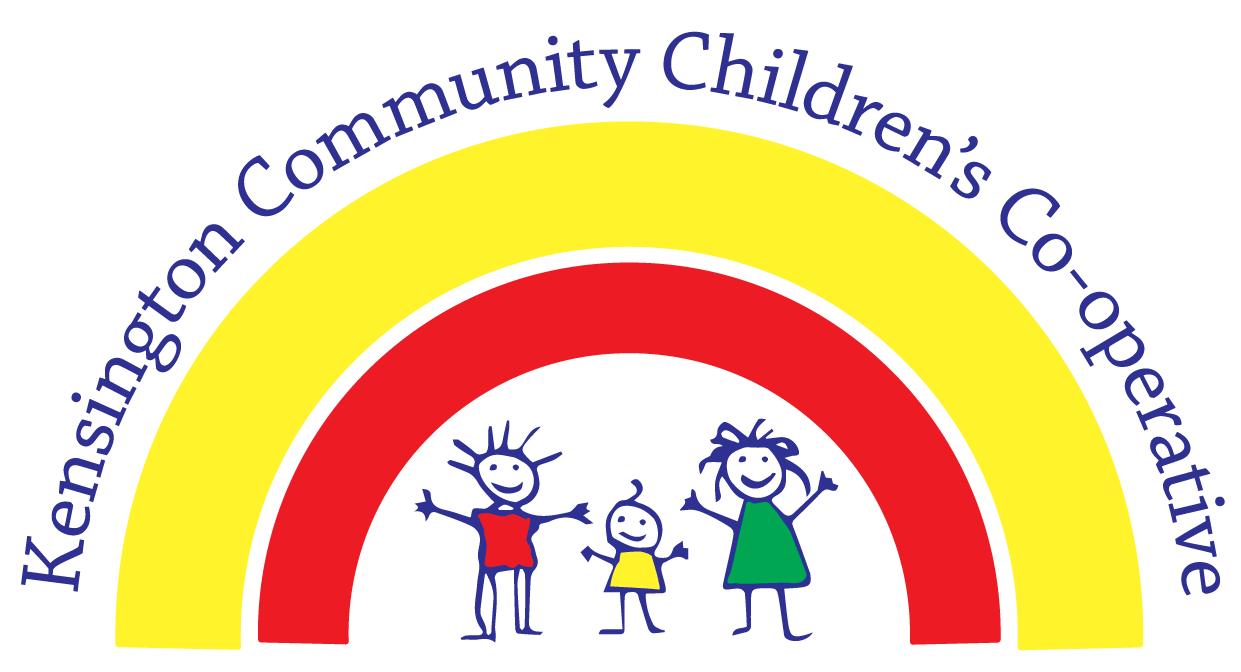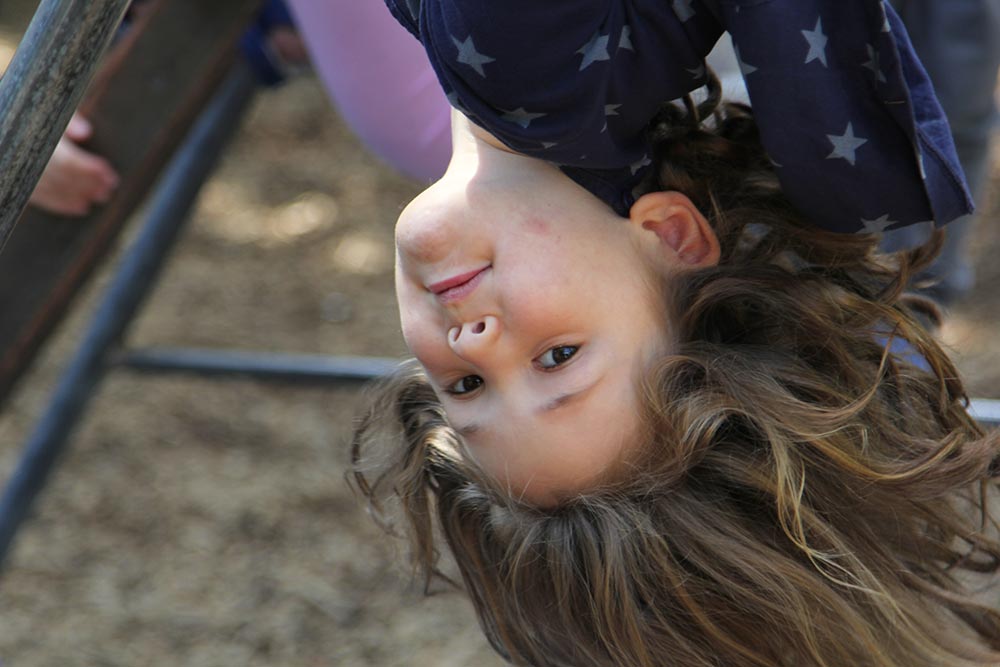Our Healthy Together meeting began with the wise words of Psychologist Martin Seligman’s daughter:
“Daddy, do you remember before my fifth birthday I was a whiner, I whined every day?” I nodded. “Have you noticed that since my fifth birthday, I haven’t whined once?” I nodded. “Well on my birthday, I decided that I was going to stop whining, and that was the hardest thing I’ve ever done. And if I can stop whining, you can stop being such a grouch.” The Hope Circuit (Seligman, 2018)
Seligman is the psychologist famous for ‘learned helplessness’, and more recently ‘the hope circuit’, where he looks at positive psychology as a way to improve people’s mental health. These ideas seem poignant to our work on the mental health of our community. Our meeting then, became an opportunity to help us to look at happiness and wellbeing, and the importance of perspective. We considered how to learn from the words of Seligman’s daughter, as he himself did, to stop being so grouchy! Or at least recognise how there are different ways to view the world and an optimistic lens is a useful tool.
There are several school’s programs at the moment which aim to support children’s mental health and wellbeing. The Early childhood sector has long been aware of the significance of wellbeing, social skills and sense of belonging, as these are key components in our frameworks and standards. The ‘care’ and ‘education’ elements in our work have always worked together; for we know that one has to have a social and emotional wellbeing to be ready and able to learn. Indeed, it could be argued, that ‘being well’ should be a priority when working with humans of any age. Our healthy together team decided to look at some of the school’s models to inform our discussions, from The Berry Street Education Model, https://www.childhoodinstitute.org.au/educationmodel, The Resilience Project https://theresilienceproject.com.au/schools and Benefit Mindset http://www.benefitmindset.com/. These programs seem to align with KCCC’s Healthy Together focus on mental health and wellbeing, and work with our values of building a strong community.
Viewing our community using the tools from Benefit mindset, we were looked at KCCC community as an eco-system which thrives through everyone caring for one another. Having a benefit mindset is a step beyond growth mindset, as it challenges us to be ‘the best for the world” and to consider how to support others through our actions. This recognises the role of connections, again, something which is valued at KCCC. We also noticed how the Victorian Early Years Learning and Development Framework (VELDF) talks of children’s independence, and also interdependence, with the latter perhaps being the most significant of the two. We live amongst others and are constantly learning from others, each room is a space where children and adults are both, teaching and learning together. Through this lens we are looking at how to use our Healthy Together group to maintain and build on a healthy KCCC eco system.
We addressed how our kindness challenge has been going and, in some ways, it has been a failure, in that we have struggled to record an act of kindness for everyone every day. However, in other ways it has been a great success, as it has encouraged us to notice and acknowledge the acts of kindness that occur each day and equally, it has inspired us to do more of these acts. Our work, with the guidance of Shazia using the emotional dolls, and our focus on feelings has been something all the rooms have been conscious of. The teams have been helping children to recognise, label and validate their emotions, and children and adults have worked together to problem solve overwhelming feelings. Rooms have used books, puppets and discussions to support children to express and manage their feelings and throughout the building acts of kindness have been acknowledged and encouraged. Priya talked about how we support these emotions, in particular when children’s emotions are overwhelming. Priya identified how, being consciousness of behaviour coming from a feeling/emotion, is a key to how we respond and she reminded us to stay calm, be present and talk children through these challenges. Silvia shared the moments in Gumnut when she noticed children identifying when their peers needed a gentle hug, or other acknowledgement of support. Silvia was keen to share examples of these acts of compassion from some of our youngest members and Eva explained just how much we learn from the words and actions of the children. Indeed, we regularly see this in the children’s play, for example Alice (Waratah), demonstrated her skills at multi-tasking, as she not only, patted two babies to sleep, but also reminded her friends, “we need to be quiet, they are going to sleep”.
As we ended our meeting, feeling inspired and motivated, we decided to invite children and staff to create a skills list, whereby everyone records their skills and interests, so that we can share our skills within our community. We would also like to invite you, the families, to join us in sharing your skills. Would you care to send us your skills and strengths to add to the skills list? This may be as simple as giving ideas for our projects to spending time teaching us a skill within the service. Feel free to be creative in how you share your skills with us, we appreciate that the children are often here because you have to be elsewhere.

